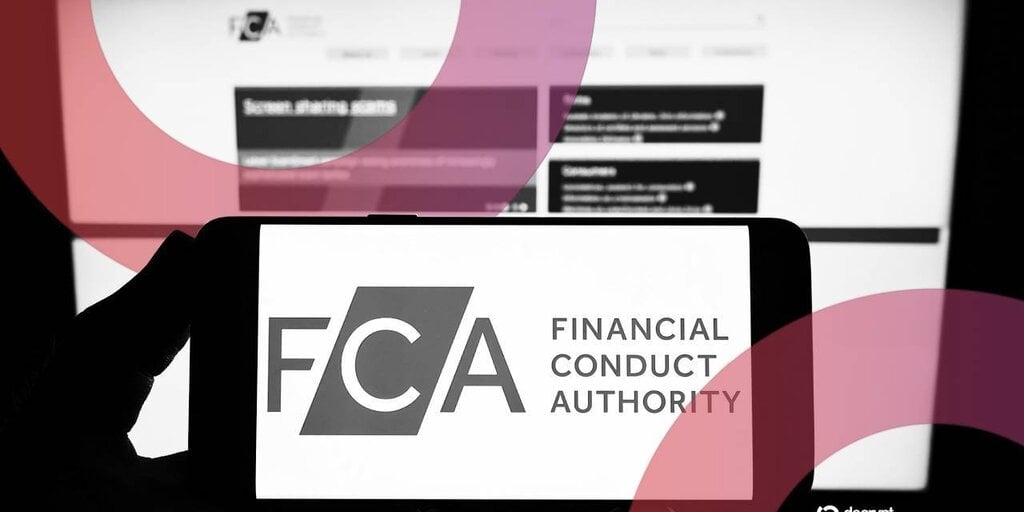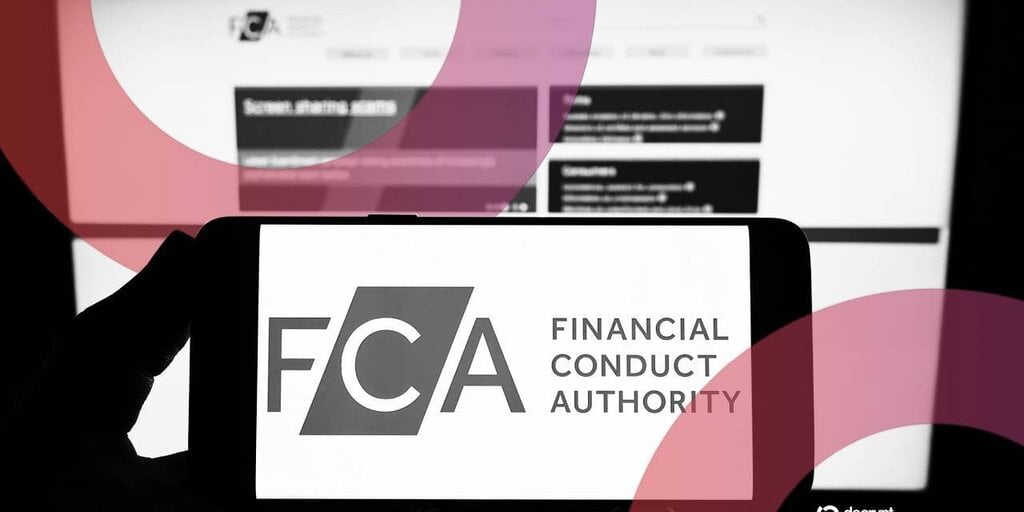
In brief
- The UK’s Financial Conduct Authority has launched another consultation on standards for crypto firms mirroring traditional finance rules.
- The current proposals aim to balance consumer protection, innovation and international competitiveness.
- The rules form part of a wider UK push to regulate cryptoassets from 2026.
The UK’s Financial Conduct Authority (FCA) has opened a consultation on proposals setting minimum standards for cryptocurrency firms, as Britain seeks to bolster oversight of a sector it has struggled to tame.
The regulator said the measures are intended to promote sound business practices, mirroring many requirements already applied to traditional financial firms. These include operational resilience, systems and controls to combat financial crime, and rules on handling customer complaints.
“We want to develop a sustainable and competitive crypto sector – balancing innovation, market integrity and trust,” said David Geale, the FCA’s executive director of payments and digital finance. “Our proposals won’t remove the risks of investing in crypto, but they will help firms meet common standards so consumers have a better idea of what to expect.”
Crypto regulation in the UK
The FCA’s consultation forms part of a broader push to rebuild competitiveness while tightening oversight of a volatile industry. Once touted as a prospective crypto hub, London has since lost ground to jurisdictions such as Dubai, Singapore and more recently the U.S., which have brought in comprehensive frameworks ahead of the UK.
The consultation follows an April draft Statutory Instrument from the Treasury that outlined bringing crypto under the Financial Services and Markets Act. Once enacted, the rules will expand the FCA’s remit from financial promotions and anti-crime measures to a full suite of crypto activities. These include stablecoin issuance, custody of cryptoassets, trading platform operations and staking.
Among the measures floated are proportional rules designed to reflect crypto’s smaller systemic footprint compared with banks. Crypto firms would face lighter requirements around senior managers and technology outsourcing, but stricter standards around risks unique to the sector, including cyber attacks.
That said, the UK’s approach to crypto regulation has also been disjointed and criticized by the industry as too restrictive. For example, a proposal by the Bank of England for a stablecoin ownership cap has been blasted by the likes of Coinbase as unnecessary.
The proposal would limit stablecoin holdings at £10,000-£20,000 for individuals and £10 million for businesses, in line with arguments by the banking industry that restrictions are necessary to prevent outflows from traditional bank deposits.
Daily Debrief Newsletter
Start every day with the top news stories right now, plus original features, a podcast, videos and more.




